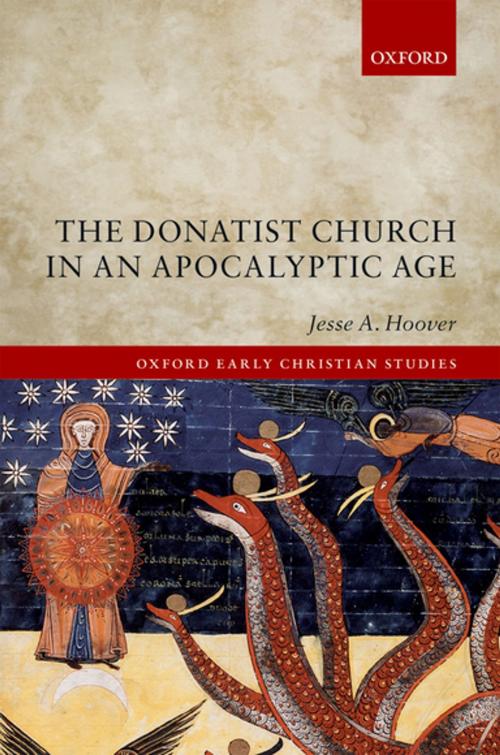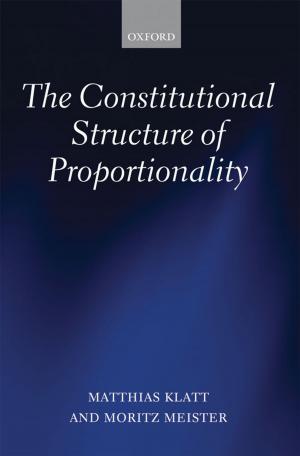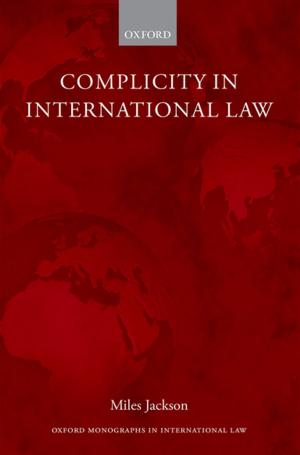The Donatist Church in an Apocalyptic Age
Nonfiction, Religion & Spirituality, Christianity, Church, Church History, History| Author: | Jesse A. Hoover | ISBN: | 9780192559418 |
| Publisher: | OUP Oxford | Publication: | May 31, 2018 |
| Imprint: | OUP Oxford | Language: | English |
| Author: | Jesse A. Hoover |
| ISBN: | 9780192559418 |
| Publisher: | OUP Oxford |
| Publication: | May 31, 2018 |
| Imprint: | OUP Oxford |
| Language: | English |
The Donatist Church in an Apocalyptic Age examines an apocalypse that never happened, seen through the eyes of a dissident church that no longer exists. Jesse A. Hoover considers Donatists, members of an ecclesiastical communion that for a brief moment formed the majority church in Roman North Africa—modern Tunisia, Algeria, and Libya—before fading away sometime between the fifth and seventh centuries. Hoover studies how Donatists perceived the end of the world to offer a glimpse into the inner life of the dissident communion: what it valued, whom it feared, and how it defined its place in history while on the cusp of history's end. By recovering these appeals to apocalyptic themes in surviving Donatist writings, this study uncovers a significant element within the dissident movement's self-perception that has so far gone unexamined. In contrast to previous assessments, it argues that such eschatological expectations are not out of sync with the wider world of Latin Christianity in late antiquity, and that they functioned as an effective polemical strategy designed to counter their opponents' claim to be the true church in North Africa.
The Donatist Church in an Apocalyptic Age examines an apocalypse that never happened, seen through the eyes of a dissident church that no longer exists. Jesse A. Hoover considers Donatists, members of an ecclesiastical communion that for a brief moment formed the majority church in Roman North Africa—modern Tunisia, Algeria, and Libya—before fading away sometime between the fifth and seventh centuries. Hoover studies how Donatists perceived the end of the world to offer a glimpse into the inner life of the dissident communion: what it valued, whom it feared, and how it defined its place in history while on the cusp of history's end. By recovering these appeals to apocalyptic themes in surviving Donatist writings, this study uncovers a significant element within the dissident movement's self-perception that has so far gone unexamined. In contrast to previous assessments, it argues that such eschatological expectations are not out of sync with the wider world of Latin Christianity in late antiquity, and that they functioned as an effective polemical strategy designed to counter their opponents' claim to be the true church in North Africa.















